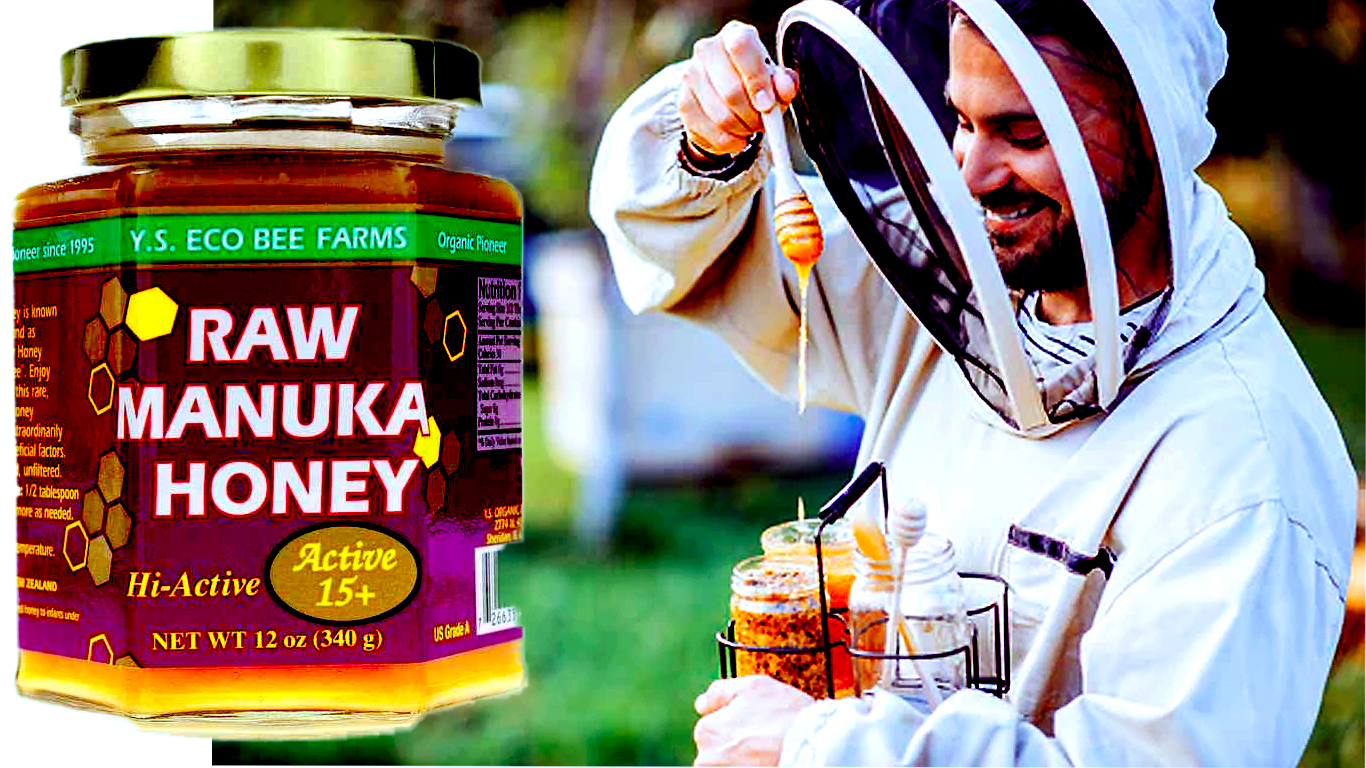Why the World Needs Honeybees
By Isabelle Tavares
You'd be surprised by how much we rely on honeybees
Why does the world need honeybees?
Honeybees are extraordinarily important to the world’s food supply: nearly $20 billion of the value of U.S. crop production is because of honeybees. One out of every three bites of food we take is pollinated by honeybees. Foods like berries, nuts, fruits, vegetables, honey, and coffee wouldn’t exist without the fuzzy buzzers. But, last winter, U.S beekeepers lost nearly 40 percent of their colonies, according to a survey from the Bee Informed Partnership—the “greatest reported winter hive loss,” according to NPR, since surveys began 13 years ago.
How do honeybees work?
A colony is composed of about 50,000 honeybees that live in a hive with divided roles—as a family does, said Hilary Kearney, bee education specialist and author. The queen is the single reproductive bee in the colony and keeps the cycle of death and birth in balance. Every day, nearly half of the colony leaves the hive to forage. As the honeybees gather pollen and nectar, they pollinate crops and then bring the food home for the hive.
What’s causing the decline of honeybee populations?

Many things: pesticides, loss of habitat, Varroa mites, climate change, lack of younger beekeepers to name a few. For instance, when a bee encounters pesticides, it brings the poisoned nectar to the nest which affects the colony. And that’s only if they’re about to get back to the hive—bees may never return because the poison affects their navigation skills. What pesticides are bees encountering? Neonicotinoid is the number one pesticide in the world and sold at places like The Home Depot, where home gardeners, commercial agriculturalists, or city park government officials have access to it, Kearney noted. “I don’t think people are aware of what they’re using, and they don’t understand what’s happening,” Kearney said. “Honeybees are not going extinct but are endangered because of pesticides.” Kearney explained male bee sperm count goes down 40 percent when exposed to pesticides and increases the chance of queen death. If the queen dies, so does the colony.
But, Kearney said this incident alone is not enough for them to come tumbling down. “It’s not like one bee eats poison, brings it back, and the colony drops dead—it’s a collective. It takes a few more stressors, like a cold winter combined with pesticides, to knock them out,” Kearney explained. And during those cold months, here’s where all the honeybees hide out in the winter. “Colonies are infinite. If they don’t encounter stressors, the colony can live forever.”
Marni Majorelle, green roof specialist and founder of Alive Structures, believes one of the main issues contributing to the decline of honey bee populations is the loss of natural habitat. “We’re losing huge swaths of natural habitat [including native plants] to invasive species, suburban sprawl, and the installation of concrete everywhere [habitat destruction],” Majorelle said.
And those funky weather patterns we’ve been experiencing as of late? Bees are so closely tied to the weather that erratic weather changes make it harder for them to survive, Kearney said. The fires, floods, long winters, and hot summers directly affect the number of flowers bees need to pollinate. Kearney has seen seven years of drought in California during her nine years as a beekeeper. She said that means there’s no food available for them, and beekeepers have resorted to feeding bees sugar water.
What would the world look like without honeybees?
Experts say there would be a sharp decrease in delicious fruits and veggies. “I don’t think anyone knows the answer, but the cost of food would go up because farmers would have to start hand pollinating,” Kearney said. “Honey bees are contributing to not only food but other plants that rely on insect pollination—if we were to lose honey bees we would lose the plants.”
Other bees are important, too
The honeybee is a crowd favorite for a good reason, but Kearney and Majorelle said local bees are just as important. A whopping 3,999 other bee species exist—comprised of wild native bees. “Honeybees are not as endangered as our wild bees,” Majorelle said. “They don’t make honey, but are responsible for a large impact on our agricultural crops.”








No comments: